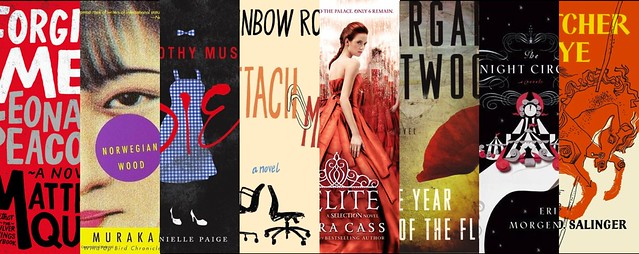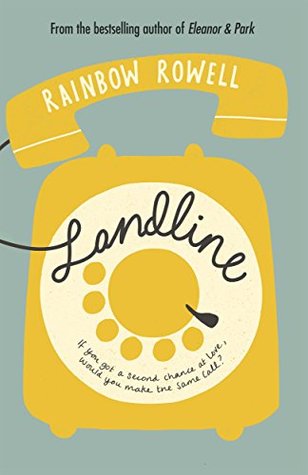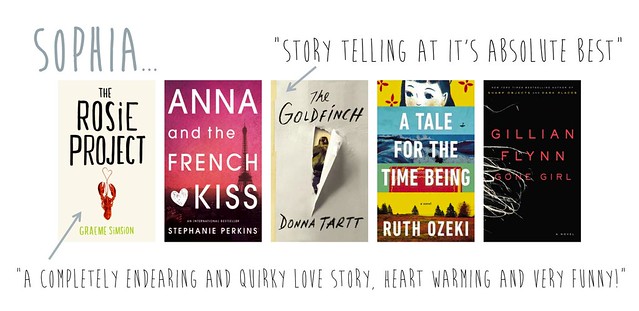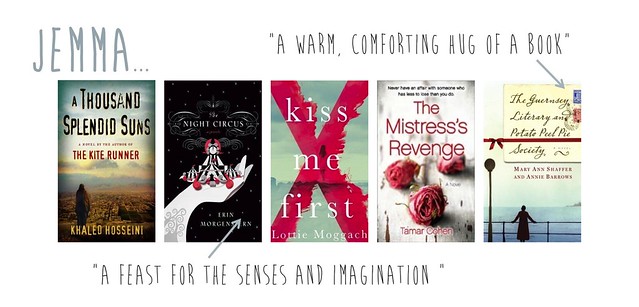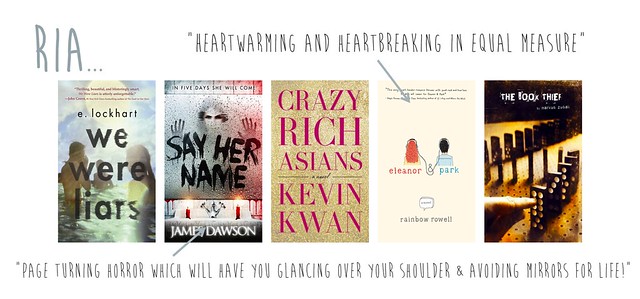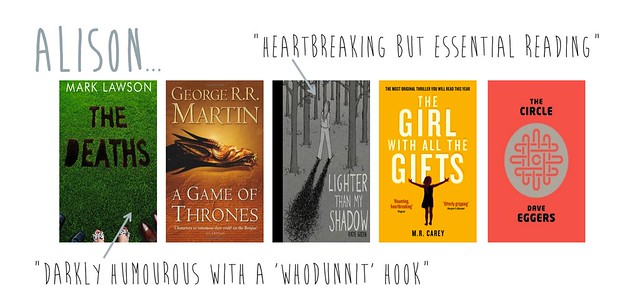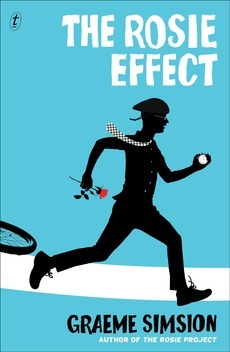Wednesday, 31 December 2014
Guest Review | The Angel's Game | Carlos Ruiz Zafon

'The Angel's Game' is a difficult book to review. So many of the important parts which shaped my view happened near the end. Let's start at the beginning...
David Martín starts off impoverished, living in a grotty 'pensión' in Barcelona. His late father's friend, Pedro Vidal, knows that Martín wants to be a writer, so he uses his connections to get his young friend a job writing the fiction pages of the newspaper, 'The Voice of Industry'. After some modest success, the editor of the paper allows Martín to write a regular serial, giving him the confidence he sorely needs to progress into the world of authorship. We see Martín go on to write books in a series for a publishing house that completely rips him off, but under a pseudonym. Working all day and all night, our protagonist works himself almost to death and manages to amass a fair amount of money - enough to leave his dire dwelling and move into an abandoned house - the Tower house he calls it. He always walked past it as a child and somehow always knew he would live there. Everyone says the place is haunted, but that does not deter Martín, and only spurs him on to write more fervently about the imagined crimes of the streets of Barcelona.
Pedro Vidal stays in touch with our young writer, giving him the encouragement he needs. Meanwhile, Martín falls in love with Vidal's chauffeur's daughter, Cristina. However, Pedro Vidal has already told him that she can't stand his work and thinks he's throwing his life away. It is a confusing, emotional time for Martín, when he is suddenly contacted by a French publisher by the name of Andreas Corelli, offering to help him in his career.
From then on, strange things start to happen. I would class this novel as a mystery of sorts. The house has strange smells, strange feelings and atmospheres. When Martín is told something awful will happen to him which will stop him writing like a madman, he is made an offer by Corelli which he cannot refuse. One might say he sells his soul... Strange things happen in the house, but also to his friends and acquaintances. Soon Martín finds himself on a trail of what happened to the man who wrote a novel in his Tower house, on the typewriter left behind. The man is Diego Marlasca, and Martín's investigations into Marlasca are unnerving (not to mention the fact that they share the same initials), and crises seem to befall everyone Martín talks to about Marlasca.
I enjoyed the parts of the book which mentioned the Cemetery of Forgotten Books. This book is actually number 2 in the series of that same name, even though the appearance of the Cemetery in this novel is brief, and relates very little to the story. It is not necessary at all to have read the first book, but the Cemetery is a nice little touch for readers of 'The Shadow of the Wind'. Honestly, this novel kept me gripped from the very start. I know that sounds clichéd, but it is true. We are drawn into Martín's intense and emotional life, which we can feel is quickly spiralling and wasting away before his eyes, whilst being terribly exciting. Martín is our narrator, which gives the story an urgency that we must follow. His life seems ideal, typing away on his typewriter in his grand house, strolling the streets of Barcelona and visiting his friends. Then when strange things start happening and coincidences follow him, the novel gets really interesting. Martín can't help himself but to find out what really happened to Marlasca, the author who wrote a book in the Tower house, even though he can see he is destroying himself in the progress.
I did find some of the characters in Martín's life somewhat one-dimensional, but on the whole, I completely enjoyed the journey we travel with him. I was on the cusp of giving the book five stars, but settled for four because of the 'twist' at the end. It skewed what had been my feeling about the book up until the last hundred pages or so. I felt like I had been tricked - of course, our narrator feels that way too - but somehow it seemed too twisty, too mind-boggling and sometimes downright confusing. It is unfortunate that the ending let down the novel Zafón created - it was more unsettling than satisfying, and there are many questions left unanswered.
Even so, I would not say this is a bad book - I do immensely enjoy Zafón's writing style. He writes beautifully (even though I know it is a translation) and knows exactly how to write a book about books. It seems to set the reader's passion for books on fire. I also thought that Martín as a protagonist is likeable and seems like he will go far, which helps us to believe in his vision for the future.
This review was written by guest blogger Jemma
Image via goodreads.com

